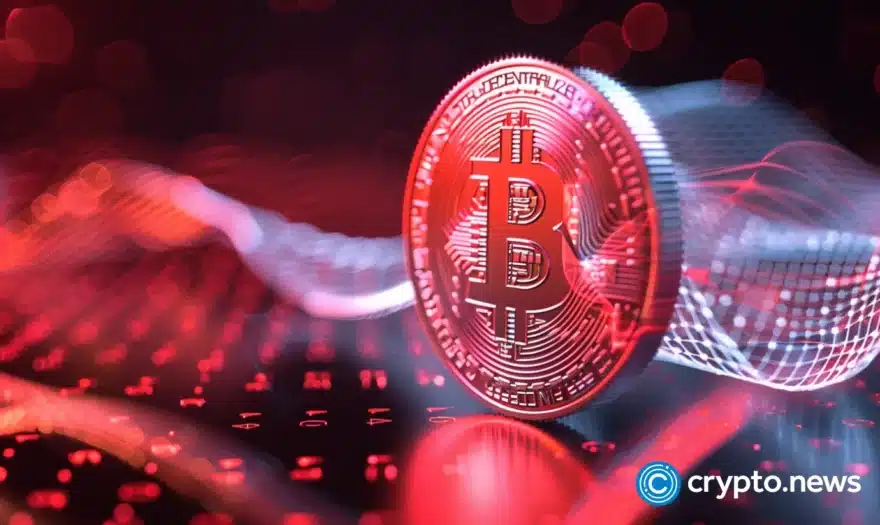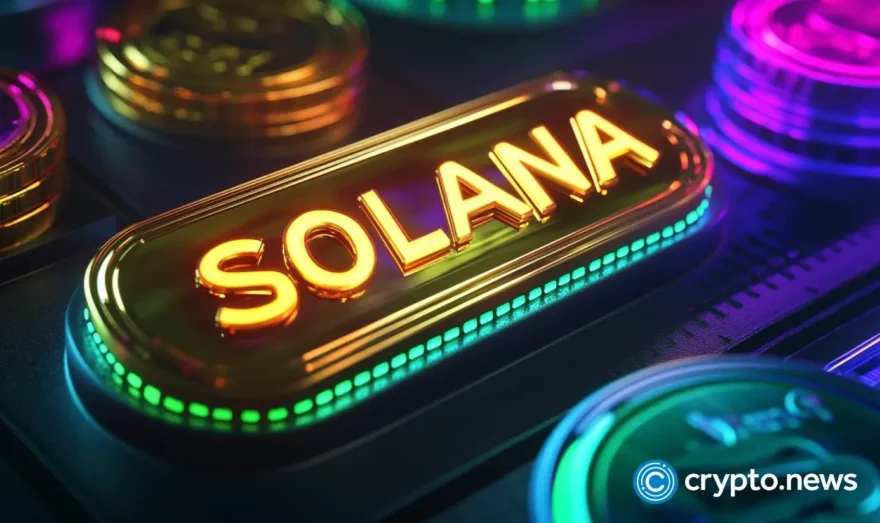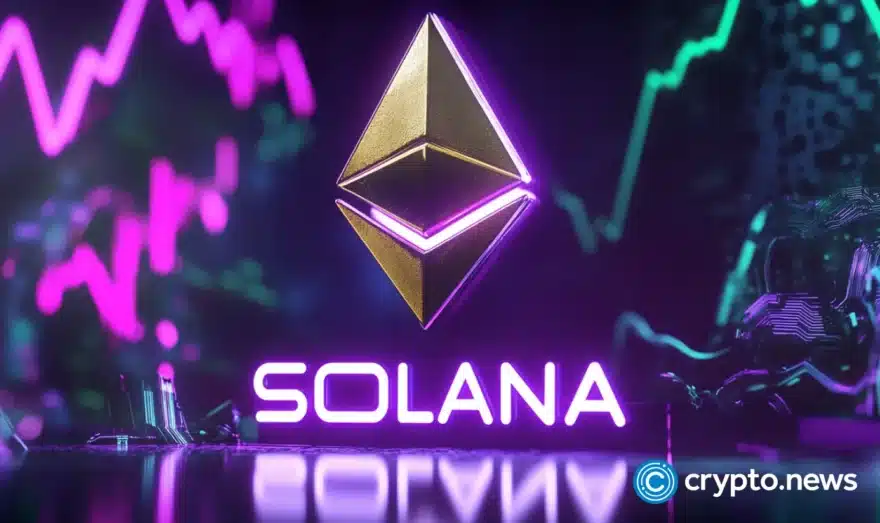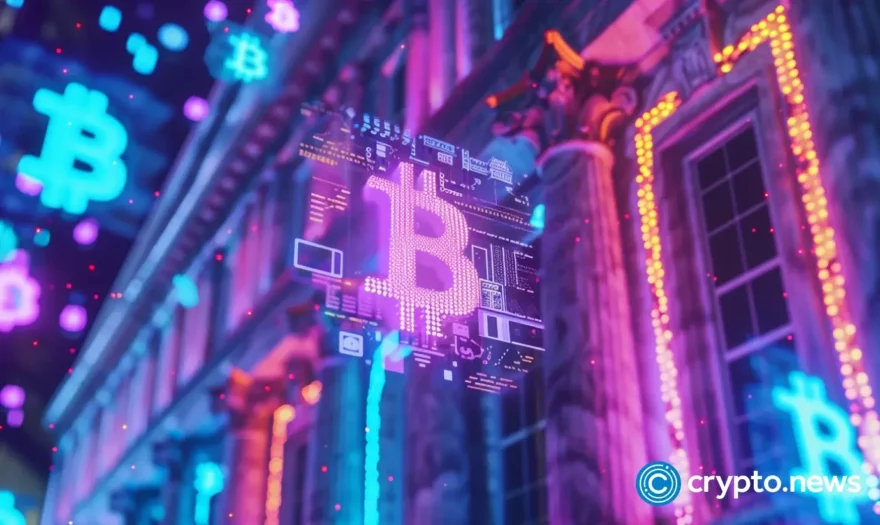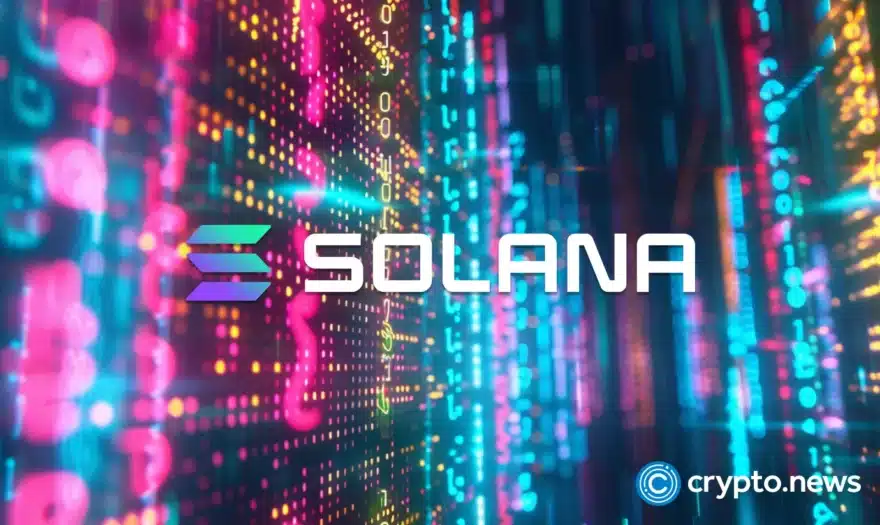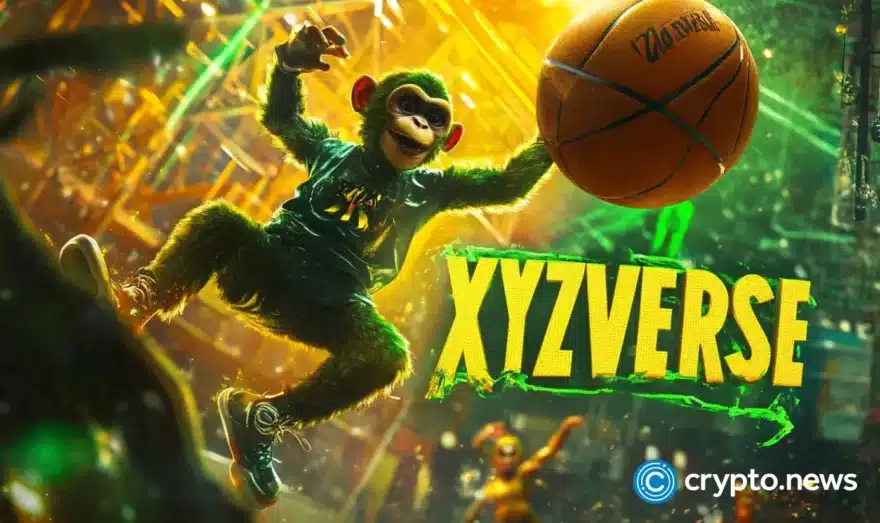The simple guide to buying bitcoin with PayPal in 2023
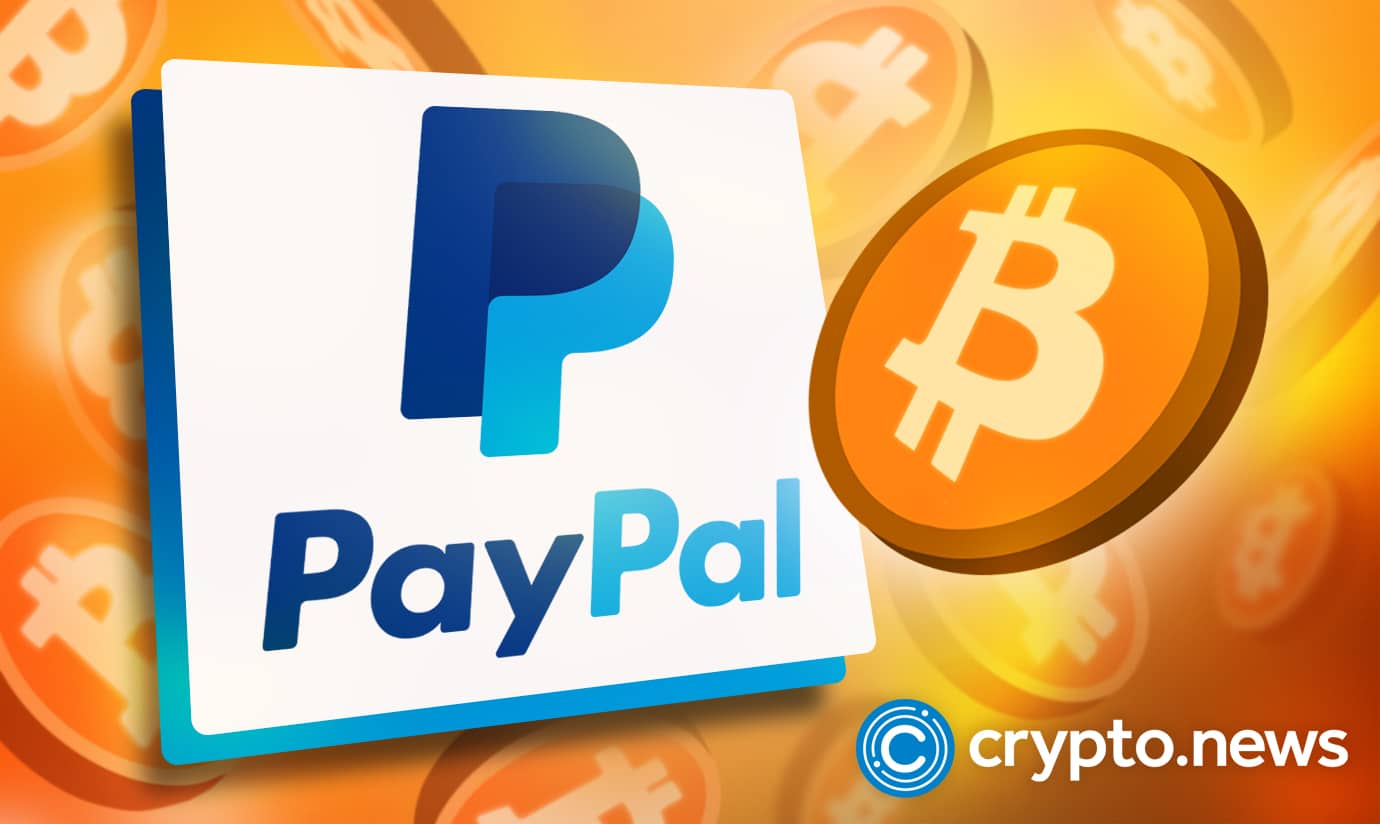
When it was first released, PayPal was a revolutionary form of financial technology. Of course, in the wake of cryptocurrency taking the world by storm, it is arguably left in the dust of decentralized financial solutions.
Nevertheless, millions worldwide use PayPal due to its convenience and global connectivity. Increasingly, it’s becoming clear that giving the PayPal user the ability to buy crypto is a vital stepping stone to the mainstream adoption of major cryptocurrencies like bitcoin (BTC). After all, PayPal can boast a user base of more than 426 million people.
The processor has recognized this and provided various solutions for some users to buy crypto through PayPal. However, amongst crypto enthusiasts, opinions are divided on whether this is good.
Today, we’re going to tell you how people are buying bitcoin with PayPal and delve into the pros and cons of doing so to determine whether it’s a good thing.
How to directly purchase BTC with PayPal
Ok, first things first, let’s look at how to purchase BTC using PayPal directly. The first step is to log in to your PayPal account that has an ample amount of funds available on it.
Remember, due to the various global regulations and financial requirements of crypto transactions, PayPal usually requires that their clients complete a Know Your Customer (KYC) verification.
What’s KYC? I hear you ask. Know Your Customer (KYC) process involves submitting specific documents, like a passport or driving license, to verify your identity. Most often, this KYC procedure is carried out for a platform, PayPal, in this case, to stay in compliance with Anti-Money Laundering (AML) regulations. Completing this process benefits users as it brings an extra layer of trust, unlocking additional features such as extending the maximum withdrawal limit they’re allowed daily.
So, suppose you’re attracted to buying bitcoin through PayPal. In that case, it’s essential to research and determine if it’s better to use PayPal or opt for an exchange or brokerage. Crypto websites like Bitcoin Evolution can give you more information about your alternative options and help you choose your preferred way of investment.
If you’re still on the fence about using a brokerage/exchange or PayPal to buy bitcoin, we’ll look at the pros and cons of doing so with both in this article to help you decide.
Buying BTC on a cryptocurrency exchange using PayPal
If you use one of the main centralized exchanges, such as Coinbase.com or Kraken.com, to buy crypto, you’ll find that they permit their users to utilize PayPal to deposit funds after the KYC process is completed.
Doing this is easy. You merely need to connect your PayPal account to the crypto exchange you’ve decided to use. In addition, this method has the advantage of using all of the tools, social side, and other features with major crypto exchanges.
Benefits of selling BTC with PayPal
One of the main benefits of selling bitcoin with PayPal is that it opens up an enormous new market of millions of people to crypto. Many people in the decentralized finance sphere may not like to hear it. However, by offering the chance to buy crypto through their platform, PayPal provides a low-risk way for people to own crypto. This can massively benefit the crypto industry as a whole.
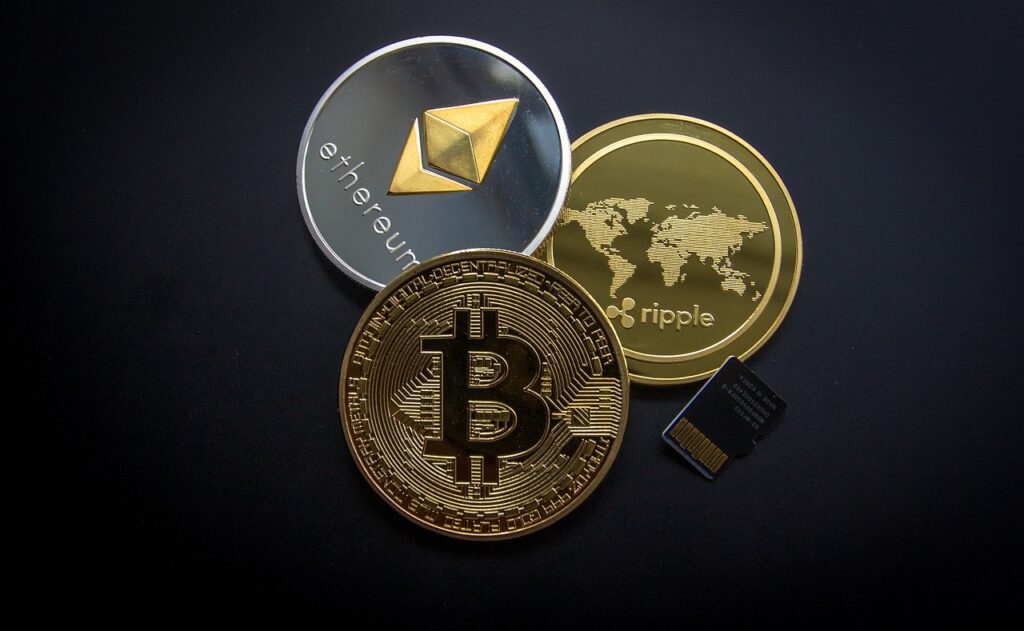
To explain it better, it’s time for a case study. For example, let’s say that a person with a PayPal account uses it to buy crypto for the first time. Now that this user has actively invested in crypto, they should have a major incentive to conduct deeper research into their chosen digital asset and crypto as a whole to understand better what it is they’ve invested in and how to manage it better.
Now, combine these by millions of people using the PayPal platform. Such traffic will inevitably drive up crypto asset market value significantly and improve the crypto industry.
But as positive as it may sound, many crypto investors are firmly against PayPal’s involvement. Many view it as a sly move by PayPal to con users by offering them crypto but not allowing them to invest in and own the original asset directly. This is reinforced by the staple crypto mantra: Not your keys, not your coins. This means control of both should always remain in possession of the original investor, not a third party.
But that’s not the only argument against why investors should avoid PayPal to buy BTC and other cryptocurrencies. In the next section, we’ll look at them a little deeper as we explore the downsides of using PayPal to buy bitcoin.
The downsides of buying bitcoin with PayPal
When it comes to crypto exchanges, a word of warning, many exchanges offer their services to new investors in the crypto market, but not all are equal. It is quite the opposite.
These days, there are as many scams or poor performance exchanges as there are reliable ones, and finding the right one can be a nightmare. So always opt for well-liked and popular exchanges.
When comparing crypto exchanges with PayPal, the latter is more beginner-friendly and makes buying crypto assets like BTC much easier. The overall process is streamlined for people living in countries and territories eligible to buy crypto on PayPal.
However, it’s not all plain sailing. Before you decide to go with PayPal to buy cryptocurrencies like bitcoin, there are a few downsides you should know about.
PayPal fees
PayPal might be convenient, but there’s a high price to pay. PayPal had developed a bad reputation for extortionately high transaction fees even with their fiat currency transactions. Sadly, this extends to buying and selling BTC on PayPal.
Although, some major crypto exchanges have an equally bad reputation for charging high fees for buying and selling crypto. However, exchanges give users the added benefit of actually owning their crypto.
Yes, users have to set up a wallet to hold it in securely, but the benefits of owning the crypto asset far outweigh the cons. This way, crypto owners have complete control over their investment, rather than a third party like PayPal retaining control.
PayPal users can’t earn money by lending their cryptocurrency
It’s no secret that decentralized finance can bring fantastic financial rewards and high-yield returns on investment. This is due to the lack of control over the interest rates of cryptocurrencies, which are controlled by the market instead. This means that crypto holders can earn impressive yields on investment for lending out cryptocurrencies on an exchange.
However, PayPal does not allow users to lend out their crypto in exchange for interest payments on the digital currency they’ve staked. Otherwise, this would provide an effective form of passive income for PayPal crypto owners. Instead, it is a major downside to using PayPal to invest in crypto.
A limited selection
Bitcoin was the only digital asset available in the early days of crypto. Now, thousands of cryptocurrencies and altcoins are available to invest in. Regarding the market cap of these coins, some are classed as micro-caps or small-cap coins.
These kinds of coins provide a huge potential for return on investment, despite being incredibly high risk. Due to this risk, PayPal steers clear of them.
This means that people seeking to buy crypto through PayPal are restricted to the four main, earliest, and well-established crypto-assets according to market cap: bitcoin, ethereum (ETH), bitcoin cash (BCH), and litecoin (LTC) mainly because these coins are more stable than microcap coins.
However, this means those who use PayPal to buy crypto are restricted to a far smaller selection of options to diversify their portfolio.
Conclusion
PayPal can bring crypto investing to a new market of millions of people. However, it also comes with a series of significant downsides, which make it a bad option for those experienced in the crypto sphere.
After all, with PayPal, users are unable to diversify their portfolio as much as they could with an exchange; they are forced to pay exorbitant fees, and, most importantly, they don’t own the crypto asset that they invest in, which breaks one of the leading crypto rules of not handing control over to a third party: not your keys, not your crypto.
Disclosure: This content is provided by a third party. crypto.news does not endorse any product mentioned on this page. Users must do their own research before taking any actions related to the company.

